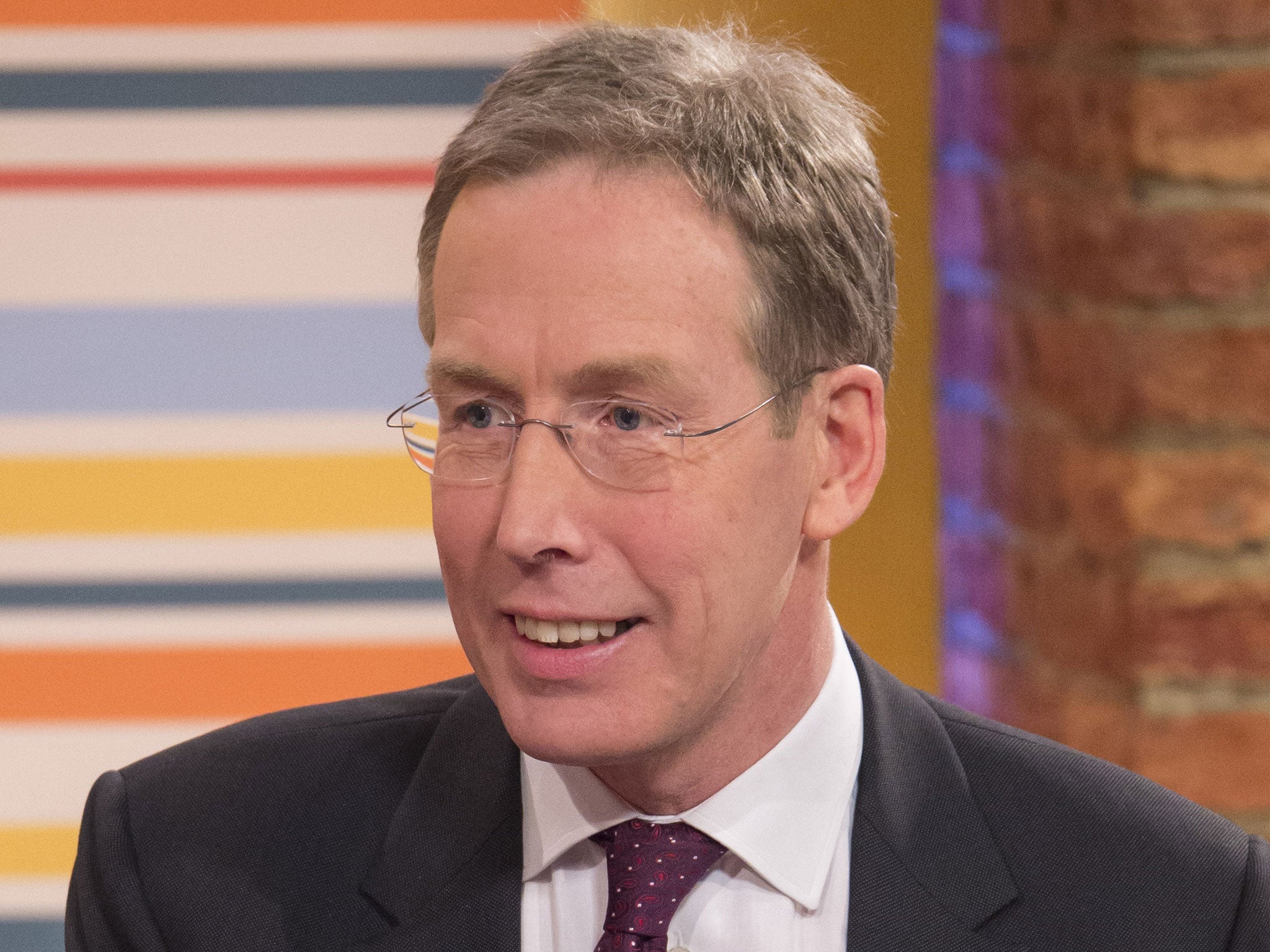Stress and tears: Report lays bare bullying culture at Care Quality Commission
Excessive workloads, it was feared, were compromising thoroughness of inspections and safety of patients

Inspectors and staff at the Care Quality Commission were regularly reduced to tears and some even diagnosed with post-traumatic stress disorder by workplace harassment, according to a new report, which lays bare the bullying culture at the scandal-hit health watchdog.
The report, commissioned by the CQC's current chief executive, David Behan, to shed light on frequent reports of bullying and harassment within the organisation, reveals a poisonous culture in which staff were harassed by their managers, often in the pursuit of targets, and feared that excessive workloads were compromising the thoroughness of inspections and the safety of patients.
Experienced former NHS staff described feeling "broken" by managers at the inspectorate, who shifted blame and responsibility onto their subordinates, according to employee testimonies to an inquiry carried out by the independent consultancy People Opportunities.
Staff members were invited to testify if they wanted to discuss bullying - resulting in one in ten of the inspectorate's 2,148 permanent employees coming forward. Over 90 per cent of the 236 people who spoke out reported being bullied or harassed in the workplace.
The CQC has been at the centre of a number of scandals over its regulation of hospitals and care homes, most recently in relation to an alleged cover-up of a report into inspections at Morecambe Bay NHS Trust.
The management team has been completely overhauled and the new positions of chief inspector of hospitals and chief inspector of social care created to improve standards.
In a chapter on staff's treatment by their line managers', the report's authors write: "Those we spoke to frequently described long periods of stress related sickness, feeling hurt, threatened, shaking, being diagnosed with post-traumatic stress and other related symptoms."
The authors noted that many employees had "a genuine concern" that their excessive workloads "carried real risk to the organisation and to patients" with the emphasis appearing to be on quantity not quality of inspections.
Elsewhere it reports that: "A number of those who had experienced bullying by their line manager connected it to their desire to make more thorough inspections than their line manager felt was necessary."
CQC chief executive David Behan said his organisation now had a "zero-tolerance" approach to bullying.
"We are very grateful for the members of staff who came forward to share their experiences. Without their honesty and courage, we would not have been able to identify the improvements that need to be made...We know that we are at the start of this journey and that we need to take the time to build and maintain good relationships, which are based on trust. This is will help us to become the excellent place to work that we want to be and our members of staff expect it to be."
Join our commenting forum
Join thought-provoking conversations, follow other Independent readers and see their replies
Comments